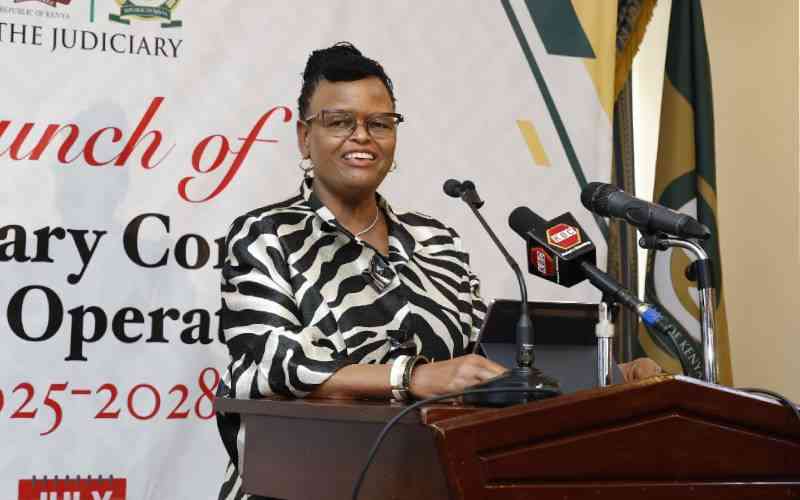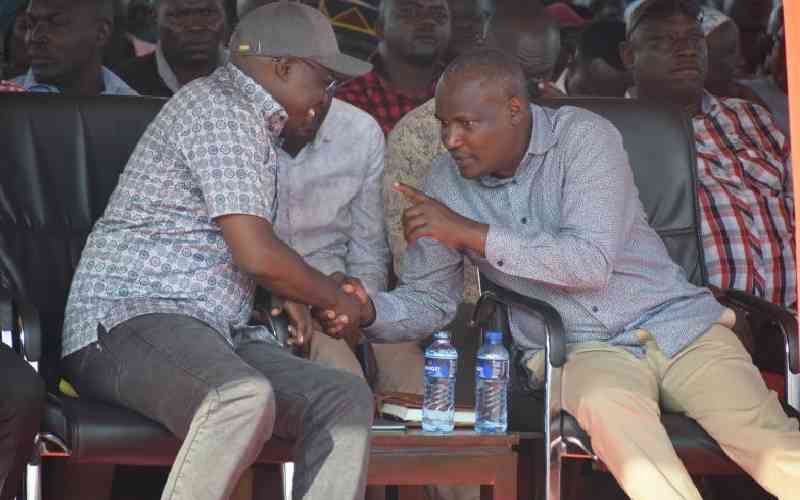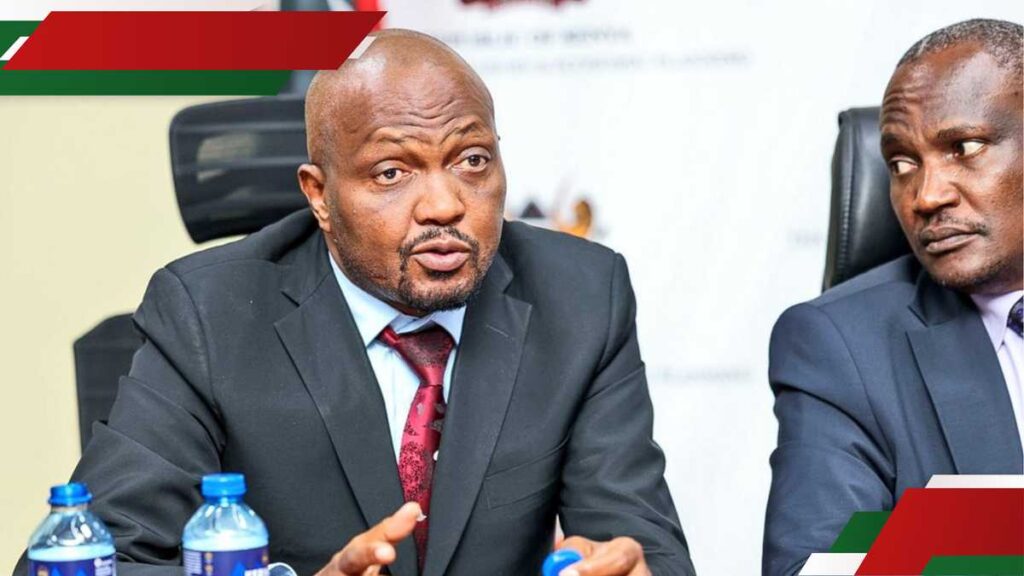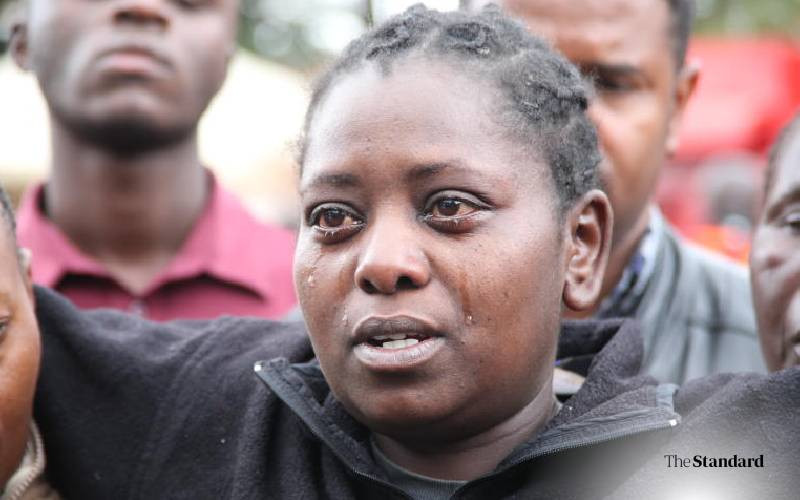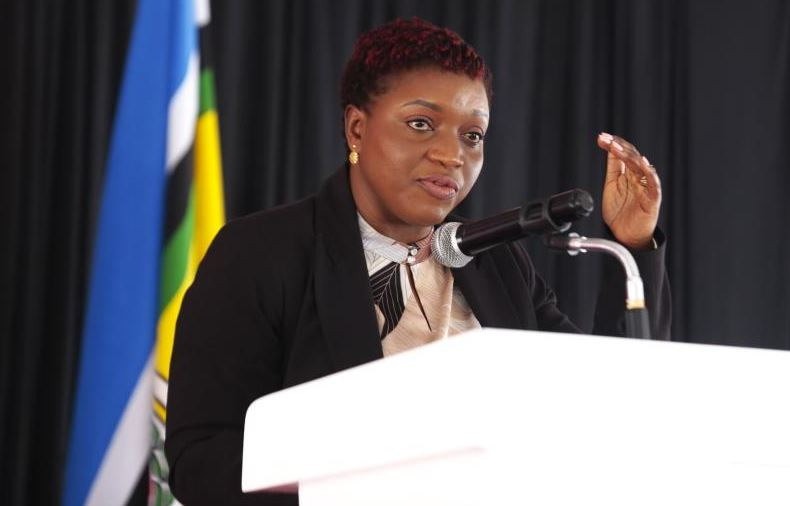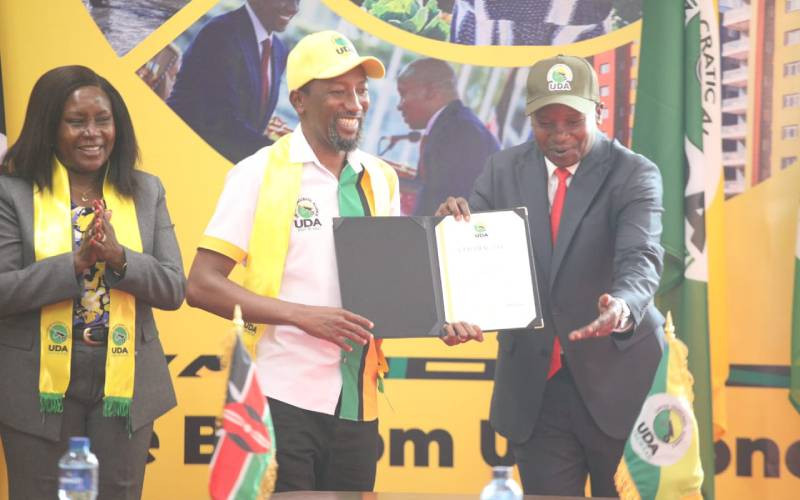Chief Justice Martha Koome has said the judiciary is ready to handle disputes that might arise from the 2027 General Election.
Koome said the judiciary remains committed to upholding electoral justice with fairness, efficiency and integrity.
Speaking during the unveiling of judiciary’s roadmap for managing disputes arising from the election and the launch of the Judiciary Committee on Elections (JCE) Operational Plan 2025–2029, Koome affirmed readiness to handle any disputes while safeguarding Kenya’s democratic processes.
“The Judiciary is fully prepared to deliver fair and independent adjudication of electoral disputes in the 2027 cycle. We are committed to doing so with efficiency, integrity, and adherence to the Constitution,” said Koome.
She noted that the Judiciary’s leadership would support the JCE in ensuring the successful implementation of the new Operational Plan, which sets the framework for strengthening Kenya’s Electoral Dispute Resolution (EDR) mechanisms.
“This Plan serves not only as a roadmap for our preparations towards the 2027 General Elections, but also as a blueprint for how the Judiciary will continue to defend the integrity of the electoral process and foster public confidence in judicial adjudication of electoral disputes,” she added.
The CJ called on all stakeholders including the Law Society of Kenya, IEBC, civil society groups, and development partners to join hands in ensuring electoral justice, stressing that democratic elections require shared responsibility.
“We must walk this journey together. Electoral justice is a shared responsibility. Only through sustained collaboration can we foster peaceful elections that uphold the constitutional vision of a free, fair, and transparent process,” she said.
She also commended the outgoing JCE team, chaired by Justice Mohammed Ibrahim, for its exemplary performance during the 2022 election cycle.
Under his leadership, the Judiciary handled 314 pre-election and 222 post-election disputes, digitised the EDR process, enhanced stakeholder engagement, and published key resources, including a Bench Book and Case Digest.
“I extend profound appreciation to the outgoing JCE Committee. Their work has fundamentally strengthened the Judiciary’s ability to discharge its EDR mandate,” she said.
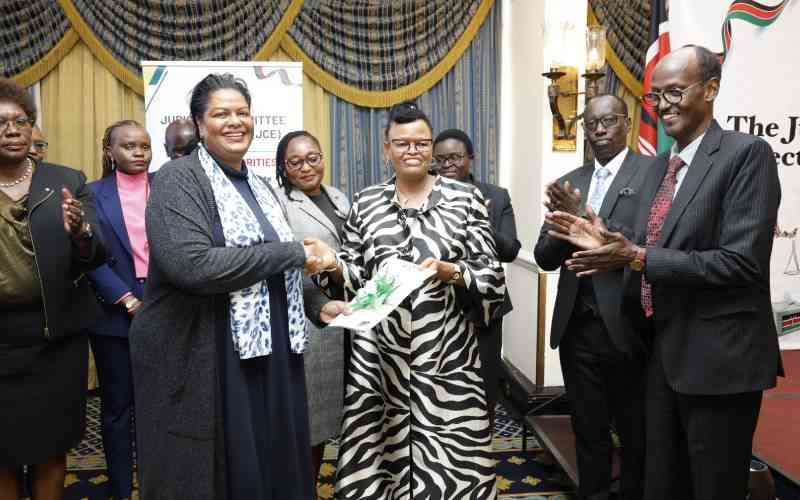
The handover marked a leadership transition to Justice Njoki Ndungu, who now chairs the JCE. Koome described the change as a symbol of both “continuity and renewal” in the Judiciary’s evolving role in defending democracy.
The new JCE will focus on developing work plans, training judges and judicial officers, pushing for timely law reforms, and mobilising resources to support its initiatives.
Koome lauded the JCE’s proactive engagement with the public, aimed at countering disinformation and building trust in the Judiciary’s handling of electoral disputes.
Koome said since the 2012 formation of the Judiciary Working Committee on Elections Preparations, Kenya’s Judiciary had grown into a model for electoral dispute resolution across Africa.
Stay informed. Subscribe to our newsletter
“Our Judiciary is now recognised as credible, impartial, and dependable—not just in Kenya but across the continent. Countries such as Zambia and Malawi have adopted similar models inspired by our JCE,” she noted.








